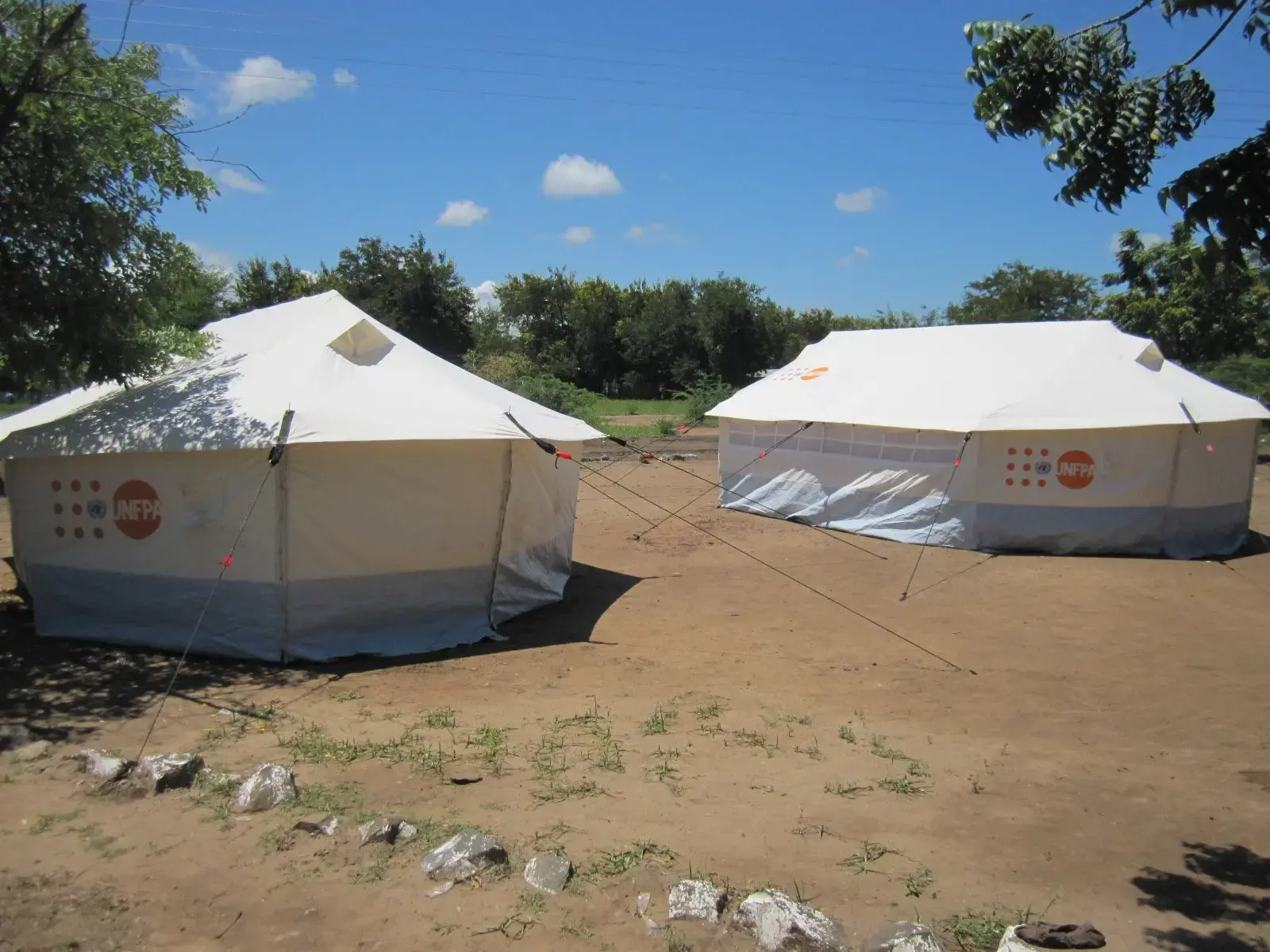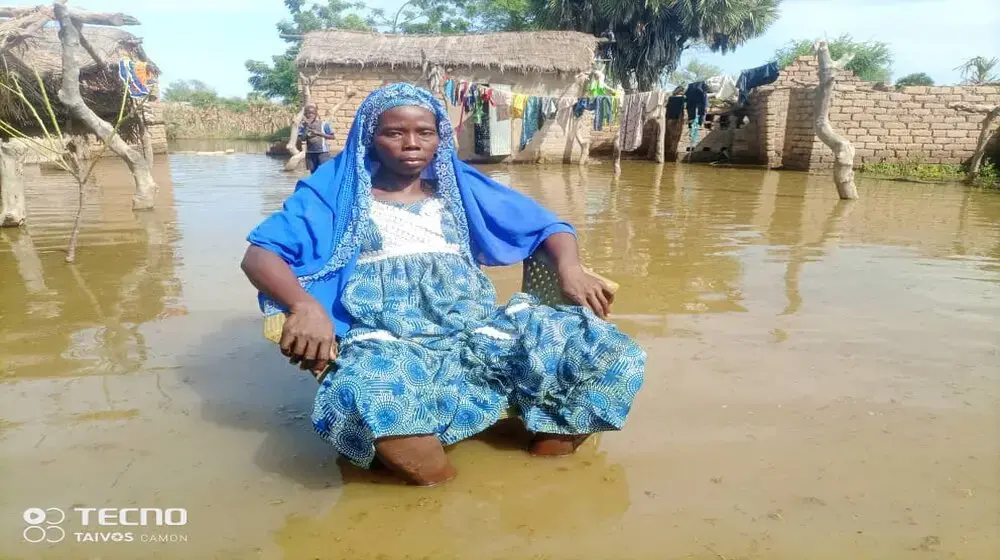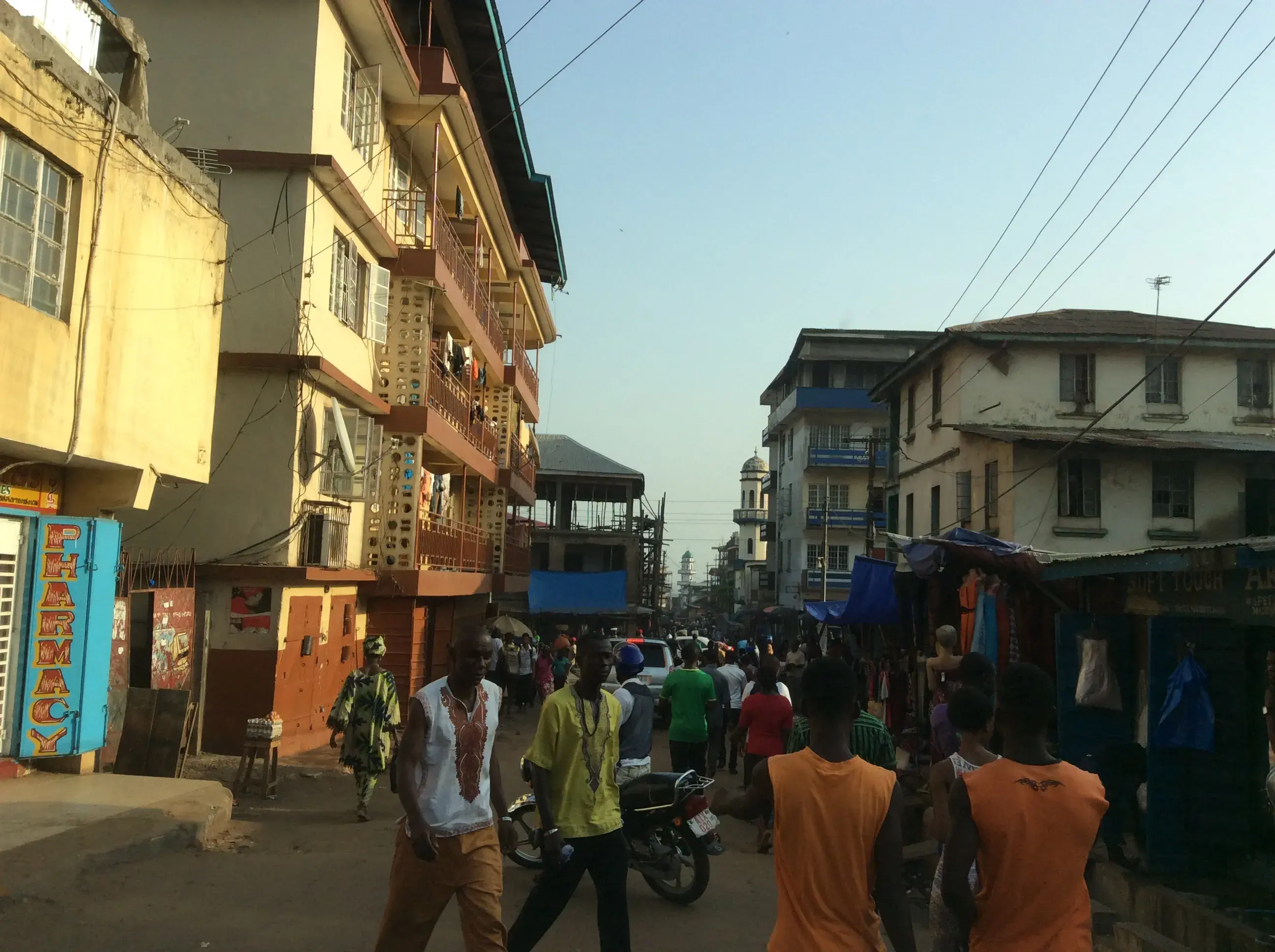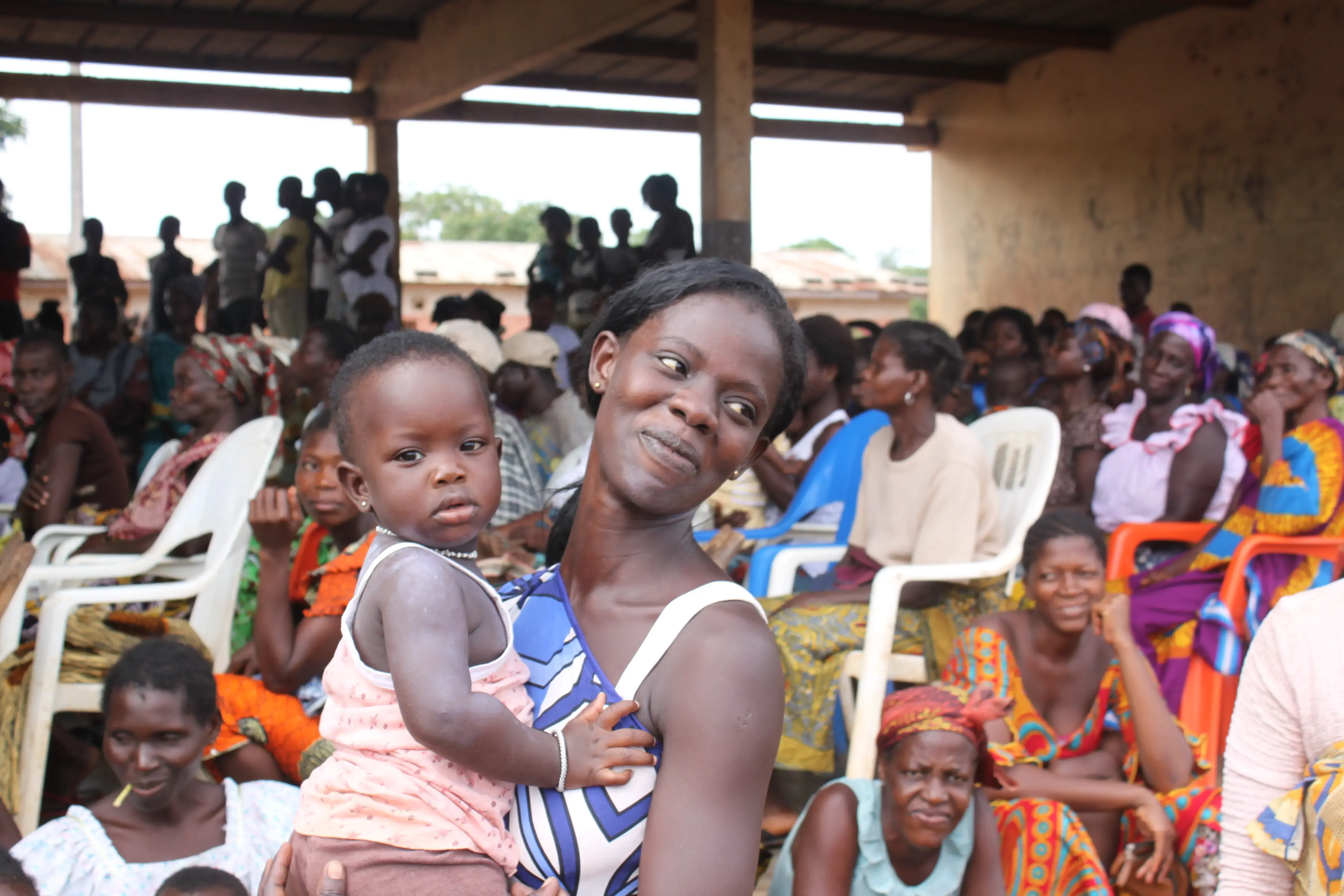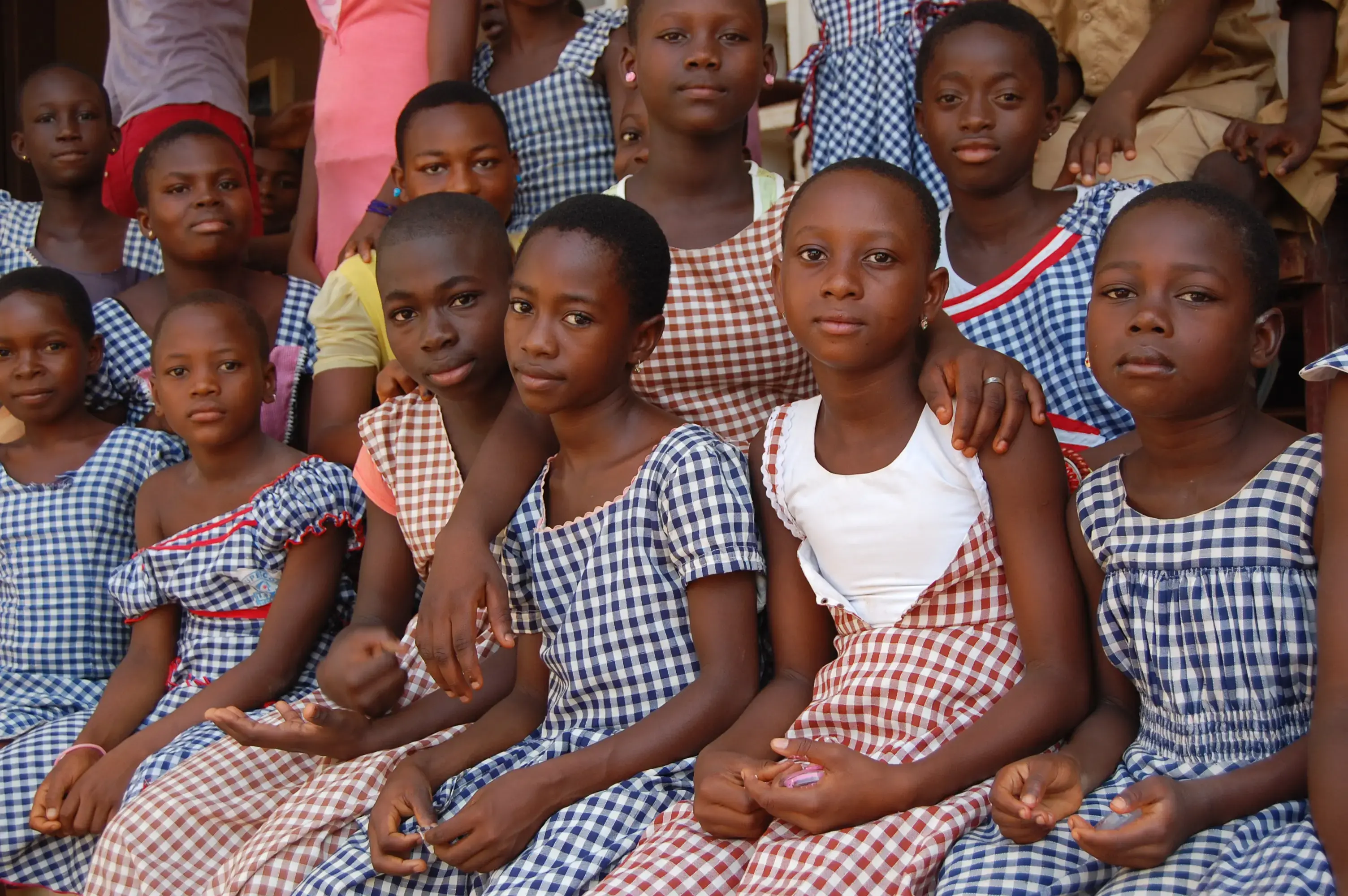When emergencies strike, life can change in an instant. Conflict and natural disasters can destroy homes and communities – or suddenly drive people from them. Forced to flee or find shelter, often with little more than the clothes on their backs, families and individuals find themselves without basic necessities – from obvious things like food and water to hygiene supplies, contraceptives and medical care.
In times of upheaval, pregnancy-related deaths and sexual violence soar. Reproductive health services - including prenatal care, assisted delivery, and emergency obstetric care - often become unavailable. Young people become more vulnerable to HIV infection and sexual exploitation. And many women lose access to family planning services, exposing them to unwanted pregnancy in perilous conditions.
UNFPA moves quickly when emergency strikes, to protect the reproductive health of communities in crisis. It also provides assistance to stricken communities as they move beyond the acute crisis and enter the reconstruction phase. The Fund also supports various data collection activities, including censuses to provide detailed information for planning and rapid health assessments to allow for appropriate, effective and efficient relief.

